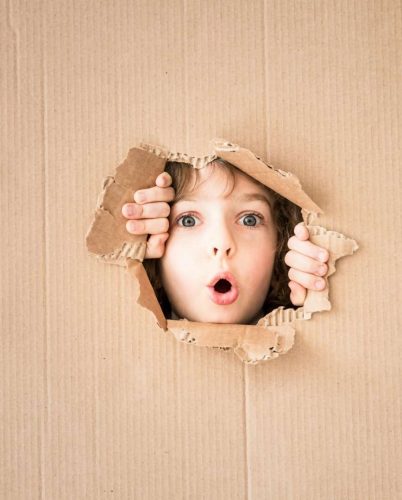Gross and fine motor skills in autistic individuals can vary considerably, just as in neurotypical individuals. Each person on the autism spectrum has unique abilities and characteristics, which can influence their motor development. It is important to remember that not all cases will be the same, and the motor skills of an autistic person can be different in various aspects.
Gross motor skills refer to the abilities that involve large muscle groups and are necessary for performing movements such as walking, running, jumping, and maintaining balance. Some autistic individuals may experience difficulties in these areas, such as clumsiness, lack of coordination, or challenges in physical activities that require complex motor planning.
Fine motor skills, on the other hand, involve abilities that require more precise and controlled movements, such as writing, buttoning clothes, manipulating small objects, or performing tasks that require manual dexterity. Just as with gross motor skills, some autistic individuals may face challenges in developing fine motor skills, which could affect daily activities.
To support autistic individuals in developing gross and fine motor skills, it is essential to identify and address areas in which they may have difficulties. Some strategies for improving these motor skills include:
Occupational therapy: Occupational therapists can work with autistic individuals to assess and improve their motor skills, both gross and fine, through specific exercises and activities.
Structured physical activities: Engaging in regular and structured physical activities, such as adapted sports or exercise classes, can help improve coordination, balance, and muscle strength.
Adaptive techniques: Using adaptive tools and techniques, such as modified writing utensils or supportive devices, can facilitate the completion of fine motor tasks.
Practice and repetition: Consistent practice and repetition of activities that require motor skills can be helpful for improving both gross and fine motor skills.
Patience and support: Fostering a supportive and patient environment where autistic individuals can practice and develop their motor skills at their own pace is crucial for their success and confidence.
Each autistic individual is unique, and their motor development will differ. By providing support and personalized adaptations, it is possible to help autistic individuals improve their gross and fine motor skills and face the challenges they may encounter in their daily lives.












